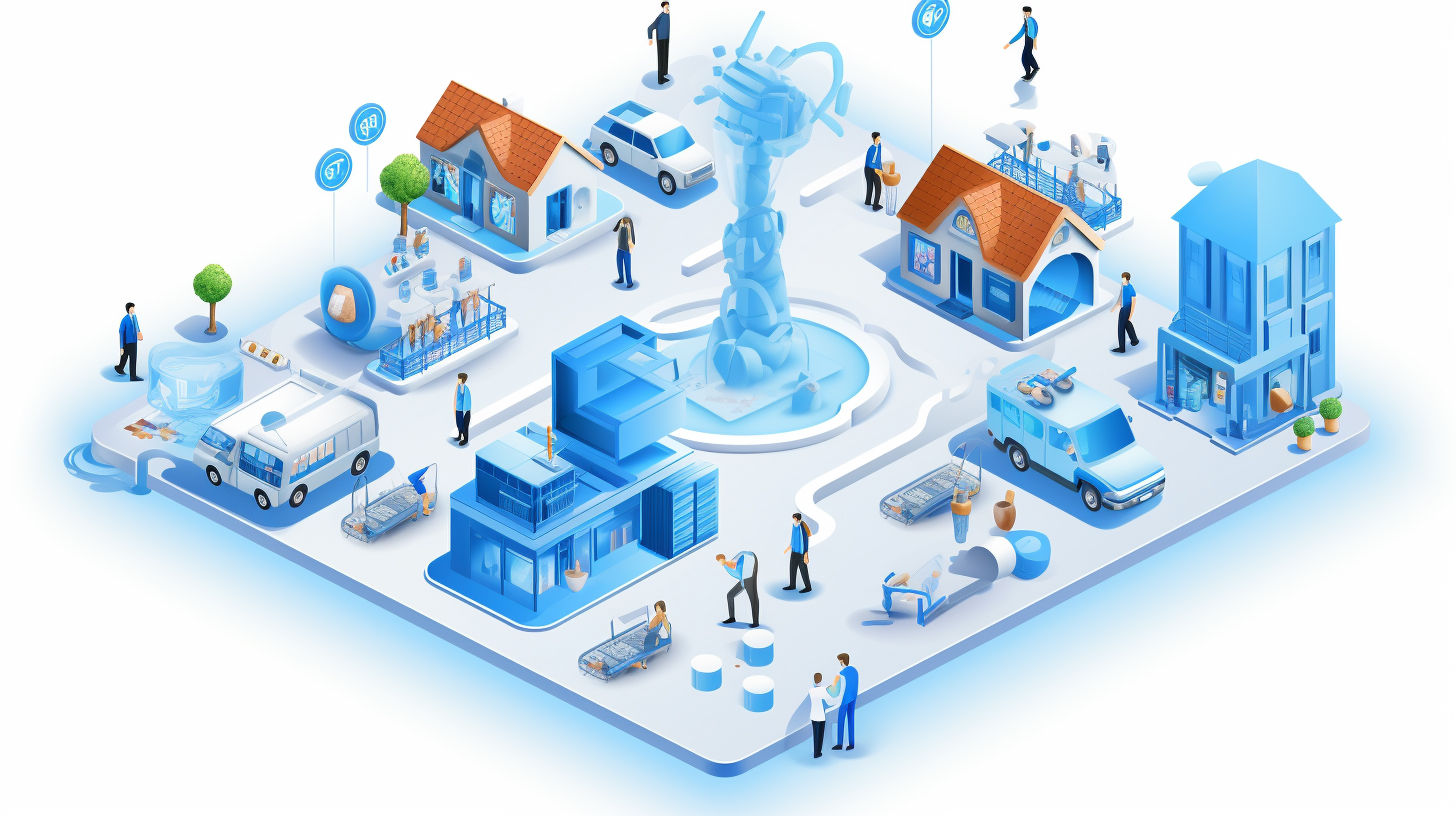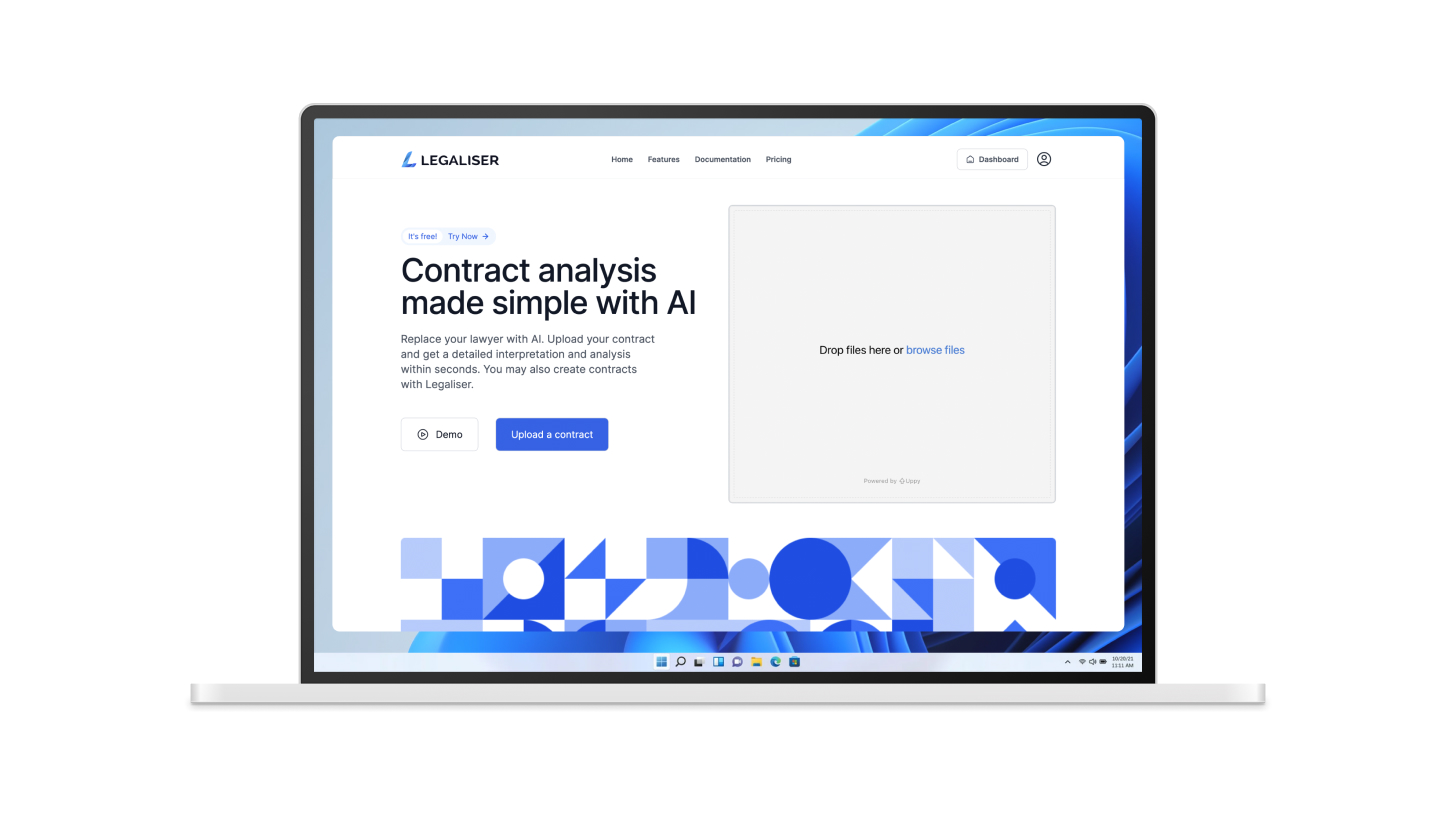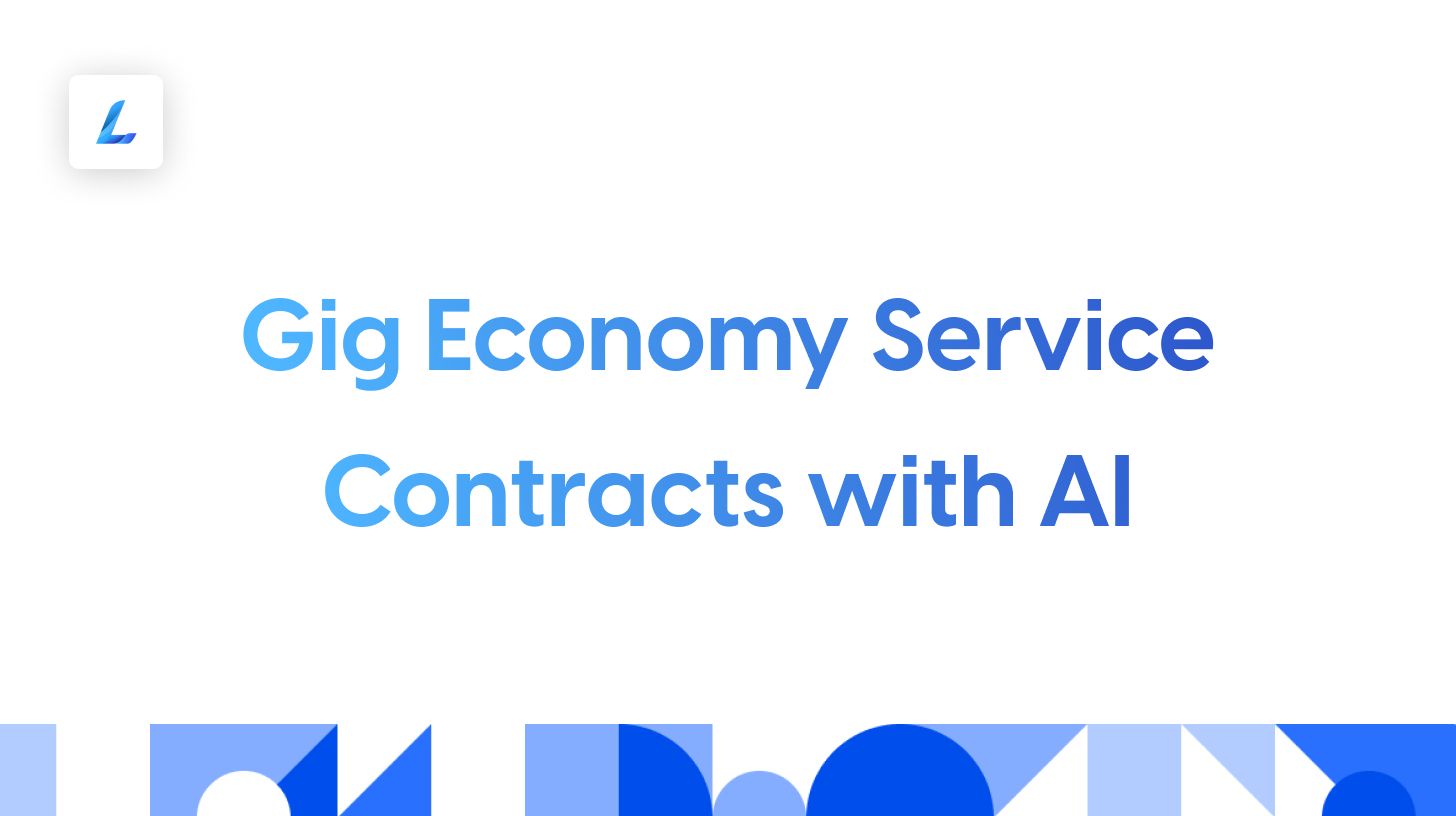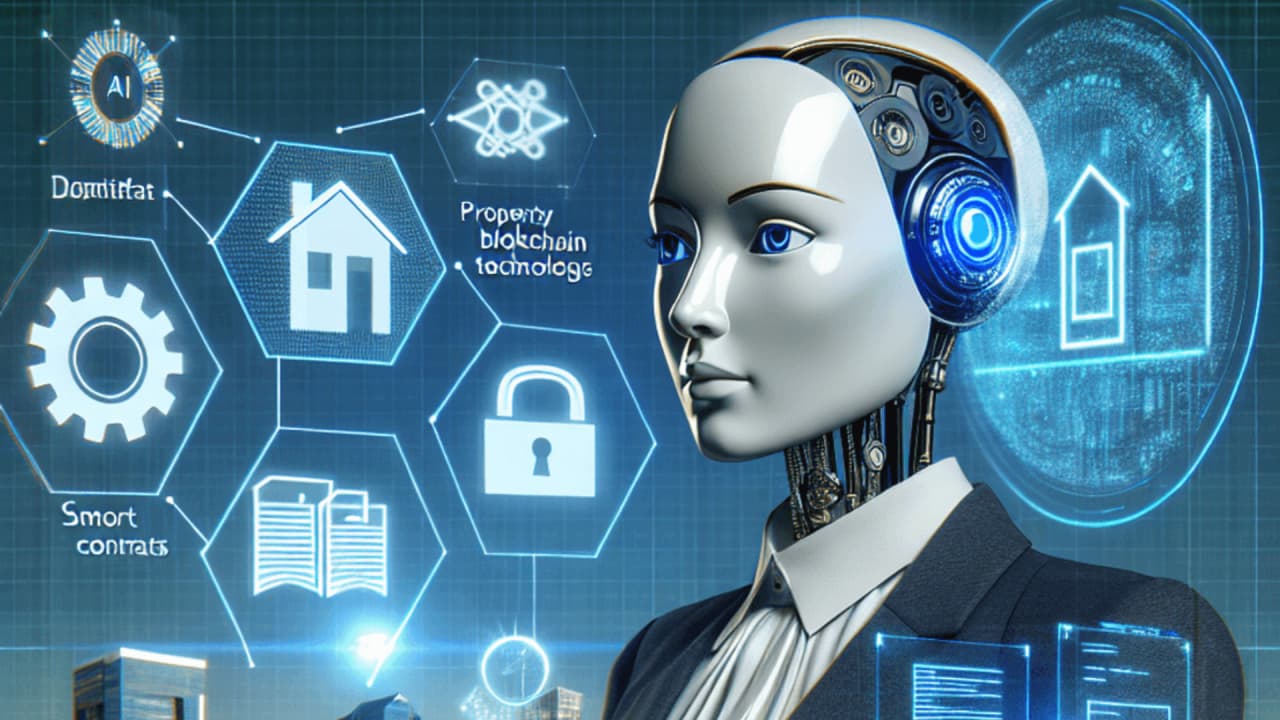Gig Economy Service Contracts with AI: Empowering Workers and Ensuring Legal Compliance
The gig economy has ushered in a new era of work, offering individuals the flexibility to pursue diverse income opportunities on their terms. With this shift, the importance of service contracts within the gig economy has grown significantly.
These contracts serve as the foundational agreements that outline the terms, responsibilities, and expectations for both gig workers and their clients. However, the intricacies of service agreement laws and the unique challenges faced by gig economy workers require a robust framework of legally secure contracts.
This is where Legaliser’s Legal AI Assistants, is emerging as a transformative force, reshaping how gig economy service contracts are managed, ensuring fairness and legal compliance.
Understanding Service Agreement Laws
Service agreements, also known as service contracts or independent contractor agreements, are legally binding contracts that establish the terms of a service arrangement between a service provider (the gig worker) and a recipient of the services (the client).
These contracts spell out various critical aspects, including the scope of services, payment terms, intellectual property rights, confidentiality clauses, termination conditions, and other pertinent details. While service agreement laws vary across jurisdictions, these contracts should be transparent, equitable, and devoid of ambiguity.
The significance of service agreement laws lies in their ability to safeguard the rights and interests of both parties involved. A well-drafted service agreement provides a mutual understanding of expectations and responsibilities, thereby mitigating the potential for misunderstandings and disputes. Moreover, such agreements enable both parties to be fully informed about their legal rights and obligations.
The Importance of Legally Secure Gig Economy Service Contracts

In the gig economy landscape, where freelancers and independent contractors offer services on a per-project basis, the role of legally secure service contracts cannot be overstated. A meticulously crafted service contract serves as the cornerstone for establishing the contractor’s status. It will define the parameters of the work, stipulating payment terms, and setting forth deliverables.
Equally vital is the assurance that the client receives the anticipated services, aligning with the agreed-upon terms and conditions. These contracts also play a pivotal role in addressing misclassification challenges.
Misclassification occurs when gig workers are wrongly classed as employees rather than independent contractors. The distinction is crucial, as employees are entitled to certain legal protections and benefits that may not apply to independent contractors. A well-drafted service contract helps in accurately depicting the nature of the worker-client relationship.
Challenges Faced by Gig Economy Workers
Despite the allure of flexible work arrangements, many grapple with a range of challenges that can impact their overall well-being. Income instability, the absence of traditional employment benefits, and uncertainty regarding legal status are common hurdles. Furthermore, negotiating favourable terms within client-contractor dynamics can be an uphill battle due to the inherent power asymmetry.
Additionally, the diversity of gig work, demands service contracts tailored to the unique nuances of each engagement. However, not all gig economy workers possess the legal expertise to draft or interpret contracts that adequately safeguard their rights and address their specific concerns.
Introducing Legal AI Technology
Amid these challenges, the realm of legal technology is emerging as a game-changer. Legal AI technology harnesses the power of artificial intelligence and machine learning for contract drafting, review, and analysis.
Legal AI solutions can review copious amounts of legal data, extract pertinent insights, and offer suggestions for enhancing contract clarity.
By automating routine tasks, legal AI technology empowers gig economy workers to focus on their core competencies while simultaneously upholding the legal integrity of their service agreements.
Legaliser: Elevating Gig Economy Service Contract Management

A prominent player in the legal AI arena is Legaliser, an AI legal assistant for contract analysis and management. Legaliser’s capabilities extend to gig economy service contracts, offering a comprehensive solution for drafting, reviewing, and refining contract terms.
Leveraging natural language processing technology, Legaliser is equipped to decipher complex legal language and provide actionable insights to enhance service agreements.
For gig economy workers, this translates to contracts that accurately reflect their status as independent contractors, unambiguously define payment terms, and comprehensively outline the scope of services.
Conclusion
As the gig economy continues to redefine traditional work structures, the role of legally secure service contracts takes centre stage. These contracts are the bedrock upon which gig workers and clients establish a fair and transparent working relationship.
Nevertheless, challenges pertaining to misclassification, equitable negotiations, and contract complexities persist.
Legal AI tools, showcased by solutions like Legaliser, is a transformative tool that addresses these challenges head-on. By harnessing the potential of AI, gig economy workers and clients can navigate the intricacies of service agreement laws, draft robust contracts, and cultivate a working partnership that benefits all parties involved.
The evolving synergy between legal professionals and AI tools promises a future where the gig economy thrives.






